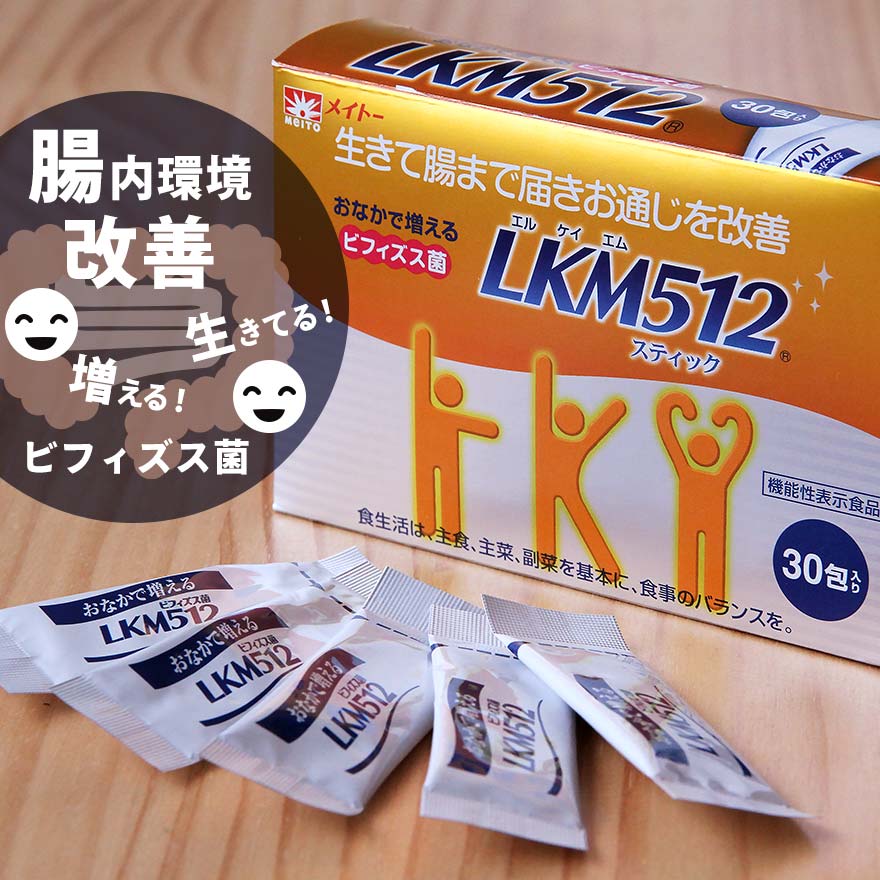Hello.
Today's blog isNaoko Miyazaki from MilobinaDelivered to you.
There are three types of intestinal bacteria: good bacteria, opportunistic bacteria, and bad bacteria.
"bifidobacteria and lactic acid bacteriaIt is said that consuming them is good for beauty and health because they have beneficial functions in our intestines."Good bacteria"That's why.
The human intestine contains more than 100 trillion intestinal bacteria of more than hundreds of types. You may have heard the term "intestinal flora" (flower garden).When you look inside the intestines under a microscope,Intestinal bacteria look like a flower garden blooming in the fields and mountains.That's why it's called that.
Intestinal bacteria are divided into three types: good bacteria, opportunistic bacteria, and bad bacteria. Many of the intestinal bacteria are opportunistic bacteria, which favor either good bacteria or bad bacteria.
The ideal ratio is
Good bacteria, opportunistic bacteria, bad bacteria = 2:7:1
A good intestinal environment is when there are more good bacteria than bad bacteria.is.
When the intestinal flora becomes unbalanced,Harmful substances produced by bad bacteriaaffects intestinal digestion and absorption.diarrhea or constipationTo.
Toxic substances are absorbed into the blood through the intestinal wallThis can lead to rough skin, fatigue, stiff shoulders, etc. AlsoBad bacteria produce carcinogensTherefore, it can also cause colon cancer.
Also,70% of immune function is in the intestineIf the intestinal environment deteriorates, it will have a negative impact on immune function. such as hay fever and atopic dermatitisAllergies are likely to occurIn addition, bacteria, viruses, cancer, etc.decreased resistance to diseaseIt also leads to
<Effects of three types of intestinal bacteria>
good bacteria
(Bifidobacterium, lactic acid bacteria, Faecalis, etc.)
- Regulates intestinal movement and improves constipation and diarrhea
・Uses dietary fiber and oligosaccharides as nutrients to produce vitamins (B group, K, folic acid, etc.), acetic acid, lactic acid, etc.
- Suppresses the growth of bad bacteria and helps eliminate them from the body
opportunistic bacteria
(Bacteroides, Escherichia coli [non-toxic strain], streptococcus, etc.)
(Good bacteria and bad bacteria have the same functions as those that are dominant in the intestines)
bad bacteria
(Clostridium perfringens, Staphylococcus, Escherichia coli [toxic strains], etc.)
・Decomposes proteins in the intestines and creates substances harmful to the body such as carcinogens
-Increases the smell of stool and farts
4 reasons why the balance of intestinal flora deteriorates
1. meal
Bad bacteria prefer animal protein. The food that cannot be digested and absorbed due to overeating reaches the large intestine, increasing the number of nutrients for bad bacteria. Be careful not to eat too much, especially meat.
2. Stress, lack of exercise, irregular lifestyle
These three factors slow down the function of the autonomic nervous system and worsen gastrointestinal movement. Decreased digestive function can lead to constipation and an intestinal environment where bad bacteria can easily grow.
3. Antibiotics
Antibiotics are drugs used to treat bacterial infections, but they also affect the intestinal flora because they eliminate even harmless bacteria. It is said that the intestinal flora will return to its original state over time, but care must be taken not to take too much.
4. Aging
From weaning to adolescence, the number of human intestinal bacteria maintains a stable balance of three types: good bacteria, opportunistic bacteria, and bad bacteria. However, it is known that from middle age to old age, the number of Bifidobacterium, which is a typical type of good bacteria, suddenly decreases, and opportunistic bacteria and bad bacteria begin to increase.
Is your intestinal environment okay? Intestinal environment check
5 items or more, the person who guessedIntestinal environment deterioratesYou may have.
If you would like to take this opportunity to balance your intestinal flora, why not take a look at your diet and lifestyle up until now?
[Eating habits]
□I often don't eat breakfast
□Meals are irregular
□ I don't cook much myself and am not conscious of nutritional balance.
□I love meat
□I don't like milk and dairy products
□I don't eat many vegetables or fruits.
[Everyday life]
□ Lack of exercise
□I feel like I'm not getting enough sleep.
□ Frequent rough skin and pimples
□There is a lot of stress
□You look pale and look older.
[Stool condition]
□If you have poor bowel movements such as constipation or diarrhea
□Long stools
□Strong smell of stool or farts
For people who don't like milk or who are too busy to pay attention to their diet, we recommend taking supplements containing beneficial bacteria such as bifidobacteria and lactic acid bacteria. It's convenient because you can easily take it with you when you're traveling or on the go.
<Reference materials>
=Book=
“Daibento” by Yoshimi Takuno (Gentosha)
“The power of lactic acid bacteria that you don’t know about” by Toshio Goto (Shogakukan)
=Online=
Bifidobacterium LKM512 Meito Kyodo Dairy Co., Ltd.
LKM512 Yogurt Meito Kyodo Dairy Co., Ltd.
https://www.meito.co.jp/lkm512/
Lactic acid bacteria and the stomach Biofermin Pharmaceutical








